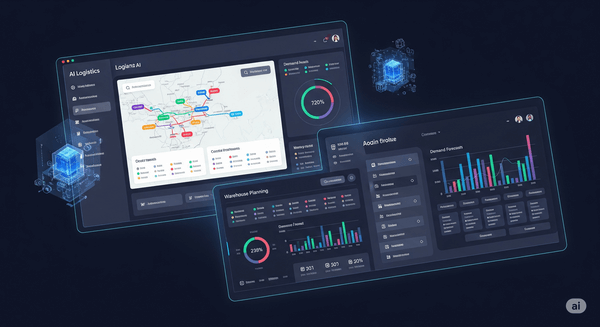
Mission Description
- Real-World Problem: Rapid urbanization in the UAE and Qatar has led to a surge in waste generation – from plastic bottles and food waste to construction debris. Landfills are filling up, and improper waste disposal can cause pollution. Recognizing this, the UAE government has set aggressive targets: treat 75% of municipal solid waste by 2025 (through recycling, composting, waste-to-energy) and 85% by 2035 . Dubai and other emirates are rolling out smart initiatives like “smart sustainability oases” with automated sorting for recyclables . Qatar, too, launched a smart waste management system in 2023 that fitted thousands of dumpsters with sensors to optimize collection routes – cutting fuel use and overflowing bins. The challenge is to move toward a circular economy, where waste is minimized and resources are reused, via technology that makes waste management efficient and even engaging for the public.
- Mission Task: Innovate a smart waste management or recycling solution for a city. One idea is to build a prototype of a smart recycle bin: a bin equipped with sensors (and maybe a simple AI vision system) that can automatically sort items (metal, plastic, paper) into separate compartments, and that alerts the city waste department when it’s full . Students can demonstrate this with color-coded object sorting using a camera and servos. Another approach is a waste collection optimization app – teams could simulate how trucks or drones could be dispatched only when bins in an area are near full, using sensor data, thereby saving fuel. They might also gamify recycling for users: e.g. an app where citizens earn points for recycling correctly (scanning items or using smart bins).
- Key Skills: IoT and hardware (sensor integration for fill-level, maybe a camera and simple machine learning for object recognition), programming (for the bin’s microcontroller and any app or server logic), mechanical design (for bin sorting mechanisms), data handling (for route optimization algorithms), and environmental science basics (waste categories, recycling processes).
- Expected Impact: The solution will help reduce landfill waste and increase recycling rates. A smart bin network could dramatically raise recycling efficiency – imagine every neighborhood having bins that ensure plastics and metals get recycled instead of landfilled. With optimized collection, cities can cut down on garbage truck routes, lowering CO₂ emissions and costs. Ultimately, this mission’s innovations support the UAE’s and Qatar’s environmental goals to make waste management sustainable and tech-driven. UAE policies explicitly aim to turn “waste from an environmental burden into an economic resource” through tech . Students’ work could be a model for cleaner cities: less litter, more recycling, and engaged citizens, moving the needle towards the zero-waste targets of 2030 and beyond.
Student Goal
Innovate a smart waste management or recycling solution for a city. One idea is
to build a prototype of a smart recycle bin: a bin equipped with sensors (and maybe a simple AI
vision system) that can automatically sort items (metal, plastic, paper) into separate compartments, and
that alerts the city
waste department when it’s full . Students can demonstrate this with color-coded object sorting using a
camera and servos. Another approach is a waste collection optimization app – teams could
simulate how trucks or drones could be dispatched only when bins in an area are near full, using sensor
data, thereby saving fuel. They might also gamify recycling for users: e.g. an app where citizens earn
points for recycling correctly (scanning items or using smart bins).
Mission Information
Status
Open
Deadline
April 30, 2026
Category
Corporate
Grade
G6 — Advanced Integration Missions
Rewards
Recognition, Internships, Prizes
Presented by

Ready to Join This Mission?
Take on the challenge and make a difference with Zero-Waste City Challenge 🗑♻.
